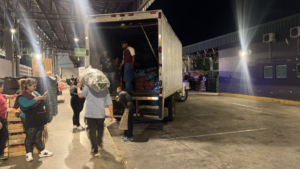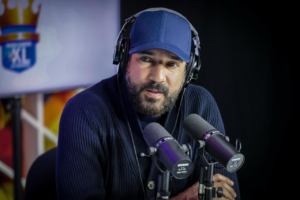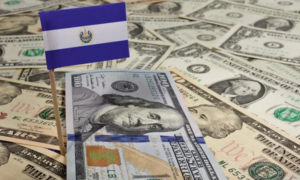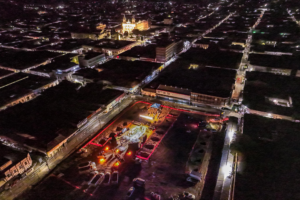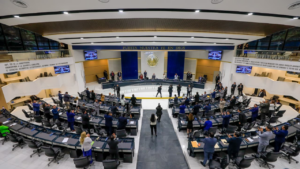JPMorgan Chase has raised the probability that the US will enter a recession this year from 40% to 60%, following the new tariffs announced by President Donald Trump. This adjustment reflects growing market concerns and fears of a negative impact on the global economy.

The bank’s chief economist, Bruce Kasman, explained that the uncertainty generated by trade policy could damage confidence in the US economy as an investment destination. “We are seeing increasing concerns about the country’s economic stability”, he stated from Singapore. Although he has not revised his growth forecasts, Kasman placed the risk of recession at 40%, a figure that already exceeds his initial estimate of 30% at the beginning of the year.
US stock markets have reacted with significant declines in recent days, reflecting investor nervousness. The possibility of a recession has grown amid uncertainty about the impact of tariffs on trade and investment. Market volatility could worsen if trade tensions persist.
A Reuters poll revealed that 95% of economists surveyed in Canada, Mexico, and the US perceive an increased risk of recession due to Trump’s tariff policy. Analysts warn that the US economy could slow further if there are no changes in trade strategy.

The effects of uncertainty are already being reflected in growth projections. Goldman Sachs and Morgan Stanley have cut their estimates for US GDP, placing it at 1.7% and 1.5%, respectively. In contrast, JPMorgan Chase maintains its forecast at 2%, although it acknowledges the growing risk of a slowdown.
With the economy at the center of the debate, pressure on the Trump administration is mounting. Experts warn that continued tariffs could affect investor confidence and economic growth. The possibility of a 60% recession places the US in a critical situation that could redefine the global financial landscape.
You may also be interested in


